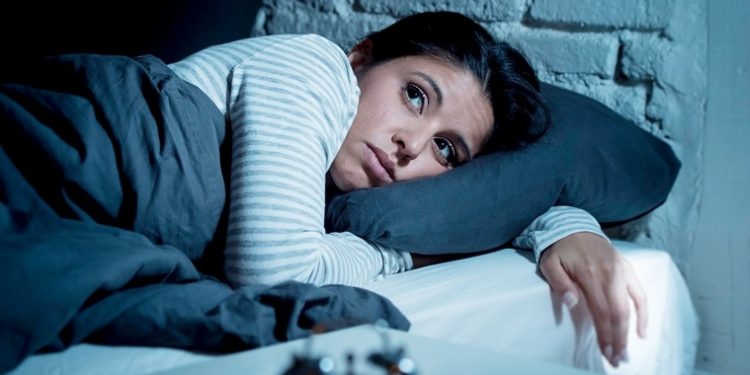Want to improve sleep quality? Read on. Researchers have found that wearing blue-light glasses just before sleeping can lead to a better night’s sleep and contribute to a better day’s work.
According to the study published in the Journal of Applied Psychology, wearing blue-light-filtering glasses creates a form of physiologic darkness, thus improving both sleep quantity and quality.
“We found that wearing blue-light-filtering glasses is an effective intervention to improve sleep, work engagement, task performance and reduced counterproductive work behaviour,” said study author Cristiano L Guarana from Indiana University in the US.
Most of the technology we commonly use — such as computer screens, smartphones and tablets — emits blue light, which past research has found can disrupt sleep.
Workers have become more dependent on these devices, especially as we navigate remote work and school during the coronavirus pandemic.
Many studies have recently reported on the benefits of blue-light glasses for those spending a lot of time in front of a computer screen.
This new research extends understanding of the circadian rhythm, a natural, internal process that regulates the sleep-wake cycle and repeats roughly every 24 hours.
Across two studies, the researchers collected data from 63 company managers and 67 call centre representatives at Brazil-based offices for a US multinational financial firm and measured task performance from clients.
Participants were randomly chosen to test glasses that filtered blue light or those that were placebo glasses.
“In general, the effects of wearing blue-light-filtering glasses were stronger for ‘night owls’ than for ‘morning larks,’ said Guarana.
“Although most of us can benefit from reducing our exposure to blue light, owl employees seem to benefit more because they encounter greater misalignments between their internal clock and the externally controlled work time,” Guarana added.
The model highlights how and when wearing blue-light-filtering glasses can help employees to live and work better.
“Employees are often required to work early mornings, which may lead to a misalignment between their internal clock and the externally controlled work time,” they added.
Their analyses showed a general pattern that blue-light filtration can have a cumulative effect on key performance variables, at least in the short term.
IANS






































